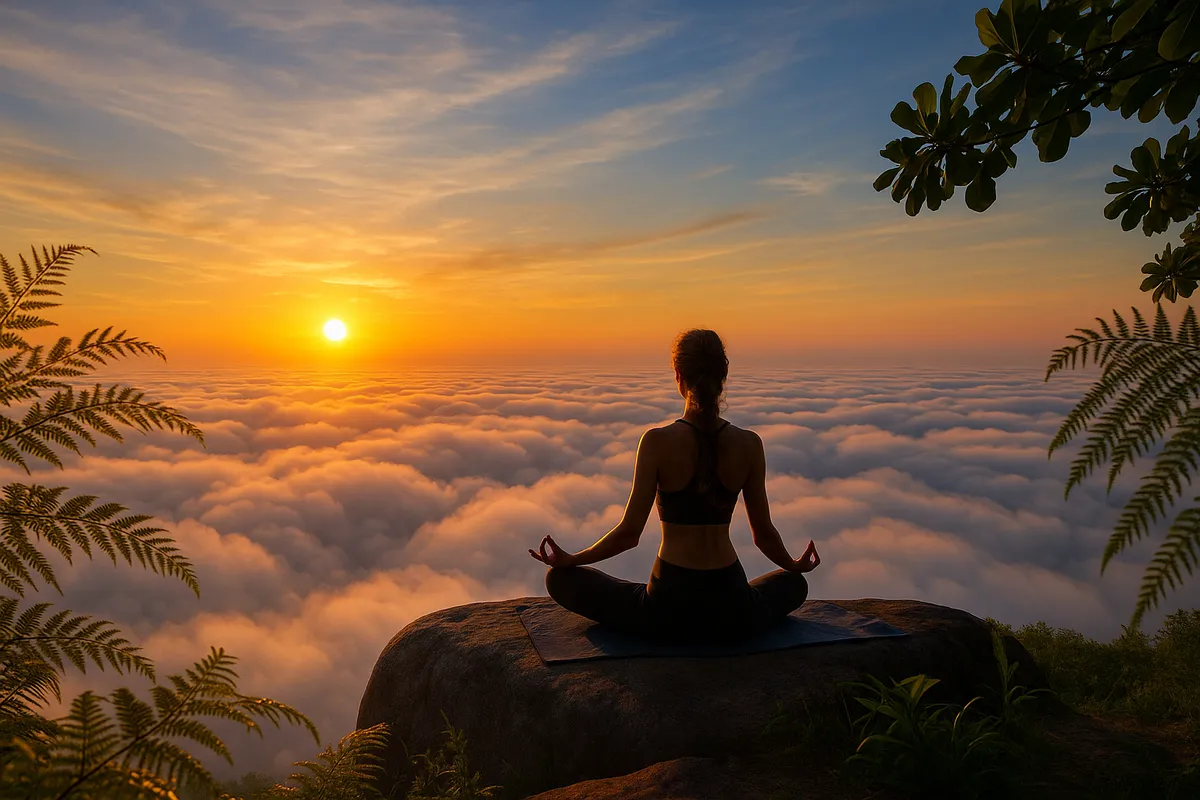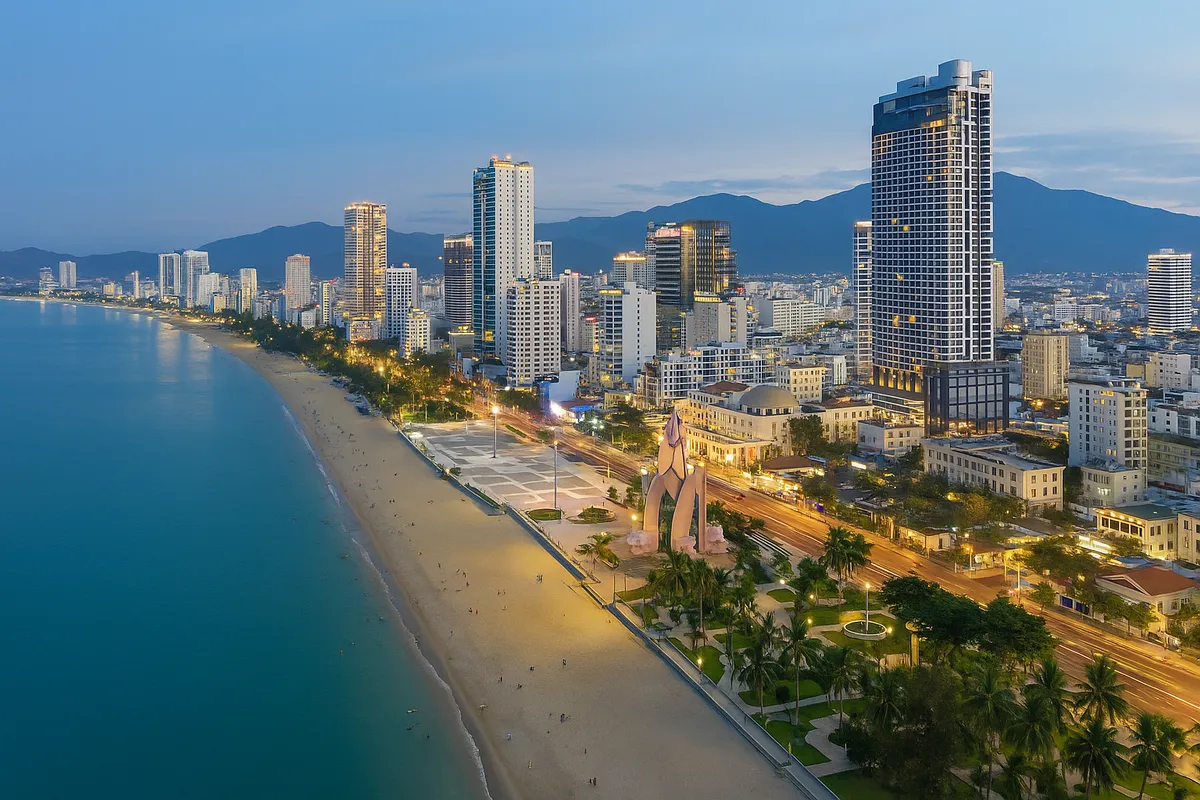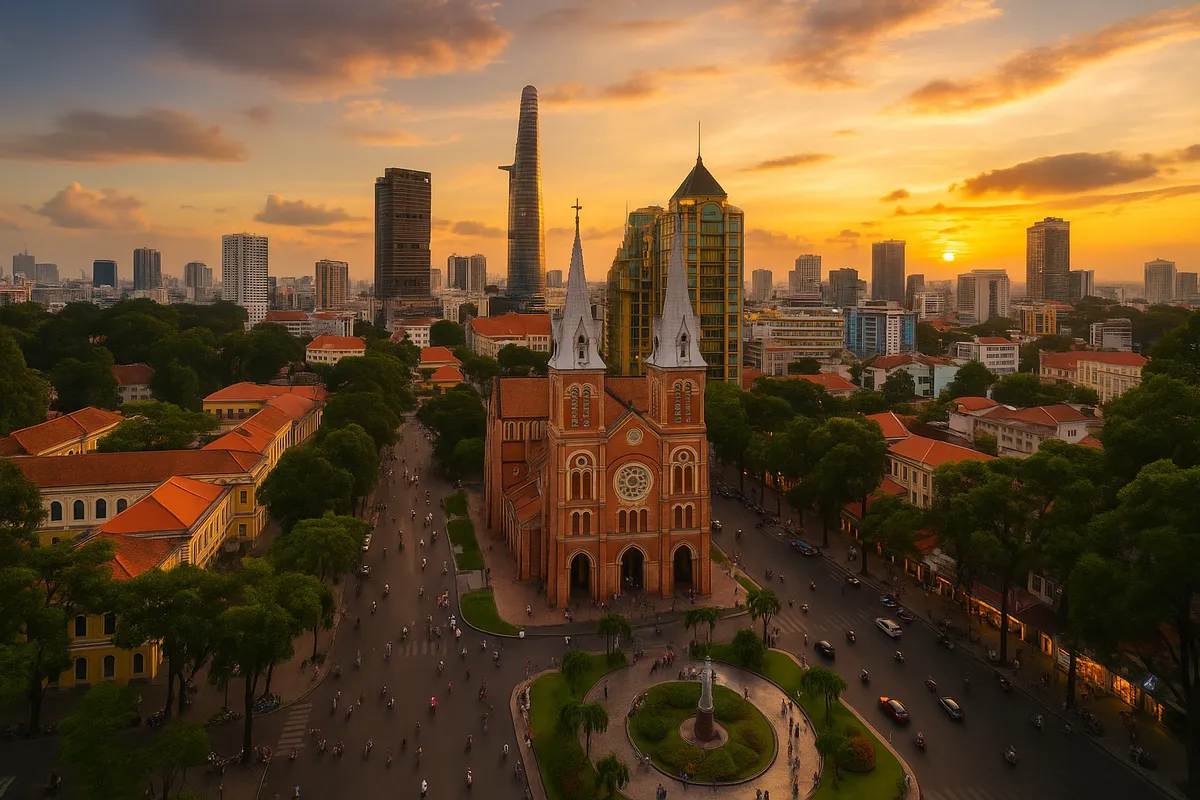How to take care of your mental health when traveling long distances
- Sunday, May 25, 2025, 19:34 (GMT+7)
How to take care of your mental health when traveling long distances
Long journeys are something many people look forward to. Yet for some, the excitement fades quickly, giving way to exhaustion, irritability, or even stress within the first few days. The cause is not the destination or the itinerary. It lies within. Mental well-being is often overlooked, poorly prepared, or simply neglected. This is a common but rarely discussed issue in travel.
Prolonged travel can quietly disrupt mental balance. Constant changes in surroundings, erratic sleep patterns, irregular meals, packed schedules, and the invisible pressure to enjoy every moment can take a toll. This pressure hits hardest on those who are naturally sensitive or already carrying unresolved stress. What is supposed to be a trip to unwind can backfire without the right mindset and internal pacing.
There was once a group of young travelers who set out to explore Vietnam by motorbike for thirty days. They began with excitement, sharing updates online and planning every stop. But by the end of the first week, one member started to withdraw. They spoke less, disengaged from the group, and even considered leaving. It was not physical illness but emotional burnout. Despite being surrounded by friends, they felt lonely and drained by the unspoken obligation to stay upbeat. Cases like this are more common than we realize. They highlight how preparing the mind is just as important as packing a suitcase.
One powerful way to stay grounded during long trips is to create personal quiet time, even just ten minutes a day. It might be sitting silently before sleep, waking up early for a solo walk, or writing down thoughts in a journal. These brief pauses prevent the mind from being swept away in nonstop activity. They give the brain space to recalibrate and breathe.
Another underrated practice is to disconnect from digital devices at regular intervals. Many travelers end up glued to their screens, driven by the pressure to post beautiful photos, respond to messages, or stay in touch. This constant connection scatters emotional focus and often pulls the mind away from the present. Setting daily no-device windows such as during breakfast, scenic walks, or afternoon breaks can bring remarkable clarity and calm.
Sleep and nutrition are equally vital. It is common to skip meals to stay on schedule, eat whatever is fast and convenient, or stay up late due to packed plans. When the nervous system is not properly nourished, it reacts negatively. This can lead to anxiety, irritability, or confusion. One traveler recalled feeling restless, with a racing heart and mental fog after days of fried food and caffeine. When they switched to lighter meals, stayed hydrated, and prioritized sleep, their body responded immediately. Their mood stabilized and energy returned.
Resting environments matter more than most assume. In an effort to save money or seek adventure, many settle for cramped, noisy, or shared spaces. After a long day, however, a safe and quiet place to recharge becomes essential. If the ideal stay is not possible, bring items that create comfort such as a familiar neck pillow, noise-canceling headphones, or a small bottle of soothing essential oil. These small details build a mental safety zone amid the shifting nature of travel.
Traveling with others can also become a silent strain. Differences in spending habits, energy levels, routines, or expectations often cause subtle conflicts. Left unaddressed, these can quietly erode group harmony. Some seasoned travelers recommend setting clear agreements beforehand. For example, everyone should have the freedom to spend time alone, skip group activities when needed, and respect each other's space. Such simple ground rules help prevent emotional tension and reduce the risk of misunderstandings.
Few people consider bringing a personal comfort object as a form of emotional support. One person packs a small ukulele to play at the end of the day. Another brings playlists of calming music for long rides. Someone else always carries a favorite book, reading a few pages when drained. These items are not just entertainment. They serve as anchors to one’s identity and offer a sense of home in unfamiliar settings.
What often distinguishes resilient travelers is their ability to remain flexible and free from rigid expectations. They do not pressure themselves to experience everything. They feel no regret over missing a stop, and they avoid comparing their journey with others online. Negative emotions frequently stem from unrealistic goals and self-comparison. But once travelers accept that their journey is uniquely theirs and that no one else can experience it on their behalf, there is a quiet liberation. The focus returns to the present, and the weight lifts.
It also helps to treat your mind and body like a travel companion in need of care. If you feel overwhelmed, it is okay to change plans, stay longer in a relaxing place, or even do nothing for a day. One person once postponed a mountain hike simply because their mental state was not right. That decision saved them from a forced experience and gave them genuine rest. Prioritizing mental steadiness makes the entire trip lighter and more meaningful.
Mental wellness cannot be restored by a beautiful view or a boarding pass alone. It is built through awareness, adjustments, and deliberate choices to protect one's inner state. Just as the body needs time to adjust to a new time zone, the mind needs space to shift from daily routine into exploration mode. When properly cared for, every trip becomes not only an outward adventure but also an inward journey of renewal and healing.

 CHECKIN.VN
CHECKIN.VN








Share on